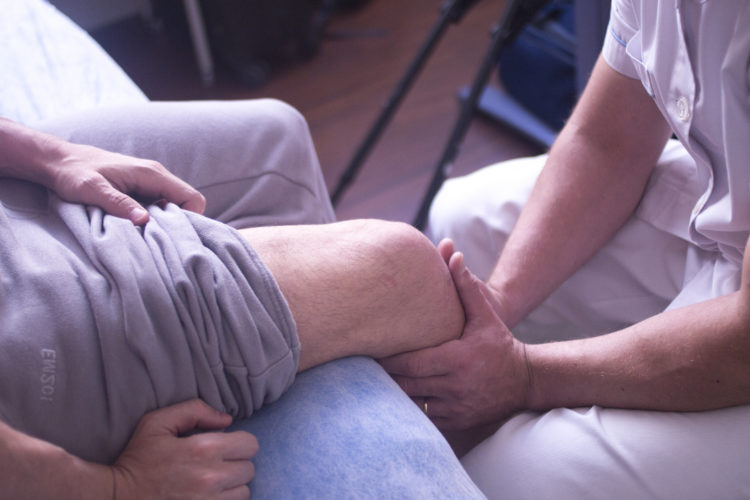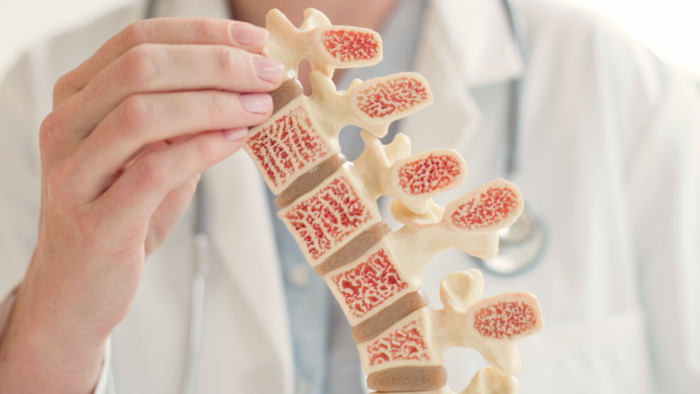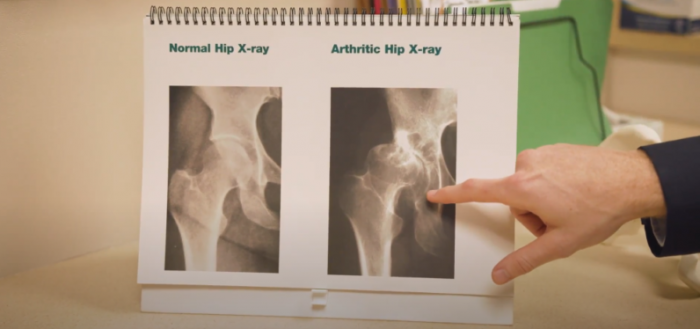
Your total joint surgery is complete! It’s time to relax and focus on your recovery. You’ll be making progress day by day, but you’ll most likely have some questions come up along the way. Here are some of the questions we are frequently asked by patients after their joint surgery.
WHEN CAN I RETURN TO WORK?
This depends on the type of work you do. A walking or support cane may be required for up to four weeks after surgery, which may or may not affect your ability to perform your job. Many times, part-time work is recommended at first. Every person is different in their recovery rate and rehabilitation, so returning to work will differ patient by patient. Work with your surgical and physical therapy teams to determine a plan that will work for you and your recovery.
WHEN CAN I DRIVE?
You may not drive until your pain medications (opioids) are discontinued. Your orthopedic surgeon will also want you to have regained range of motion, strength, and reaction time before clearing you to drive.
CAN I RETURN TO SPORTING ACTIVITIES AND/OR HOBBIES?
After surgery, you should be able to return to walking, hiking, bowling, golf, horseback riding, hunting, and most of the other activities we enjoy as Oregonians. The goal of your surgery is to allow you to perform your favorite activities without pain, and staying active is important. Avoid strenuous, high-impact activities such as running and aggressive skiing until discussed with your orthopedic surgeon.
WILL I BECOME ADDICTED TO MY PAIN MEDICATIONS?
Be sure to take your pain medications as prescribed and taper back if your pain feels like it’s under control. It is uncommon for people to become addicted to pain medications following joint surgery, and most people will be off all pain medications within 2-3 months.
WHAT IS THE BEST WAY TO TAKE CARE OF MY JOINT REPLACEMENT?
Follow any surgical precautions as outlined by your surgeon or physical therapist. Working on strengthening and walking is key to a successful recovery. For knee replacements, work consistently on your range of motion exercises. Try to focus on a healthy, high fiber diet, drink plenty of fluids, and avoid smoking and tobacco products. In addition, maintaining a healthy body weight will reduce wear on your new joint.
WHAT ARE THE NORMAL SYMPTOMS I MAY EXPERIENCE AFTER SURGERY?
A low-grade fever, swelling, redness, clear drainage, and constipation are all common symptoms seen after surgery. Be sure to call your surgical team if you have any of the following:
- Calf pain/swelling or inside thigh pain/swelling that does not decrease with elevation
- Redness or drainage that does not decrease over time
- A temperature of 101.5 degrees or higher
- No bowel movement within 72 hours, or persistent nausea and/or vomiting
Don’t hesitate to contact your orthopedic surgeon or physical therapist with any other questions or concerns that may arise. Feel free to contact us here at The Center.
We’ve put together a free guide to help you better understand joint replacement preparation, orthopedic surgery, and recovery. If joint replacement surgery is the best solution for you, The Center’s orthopedic surgeons and support staff are ready to help you prepare for surgery and plan for a successful recovery. Click below to sign up and receive our free joint replacement guide.





